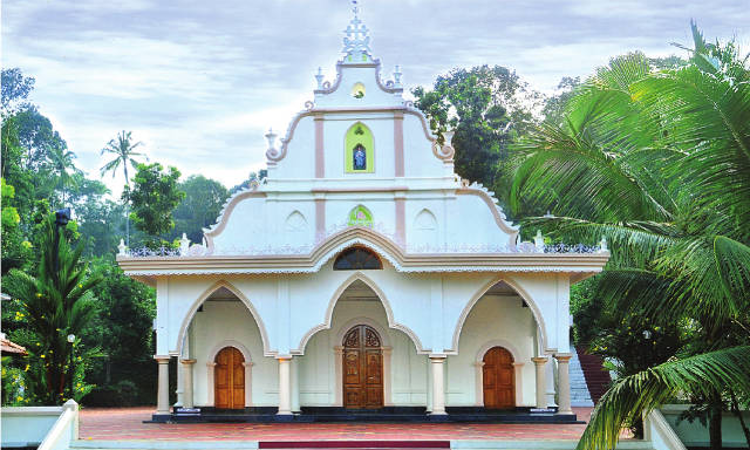'Expelling Members For Marrying Outside Community Violates Article 25' : Kerala Court Dismisses Knanaya Church's Appeals
Navya Benny
17 Sept 2022 1:25 PM IST

Enforcing Endgomay is not an essential religious practice, the court ruled.
Next Story
17 Sept 2022 1:25 PM IST
